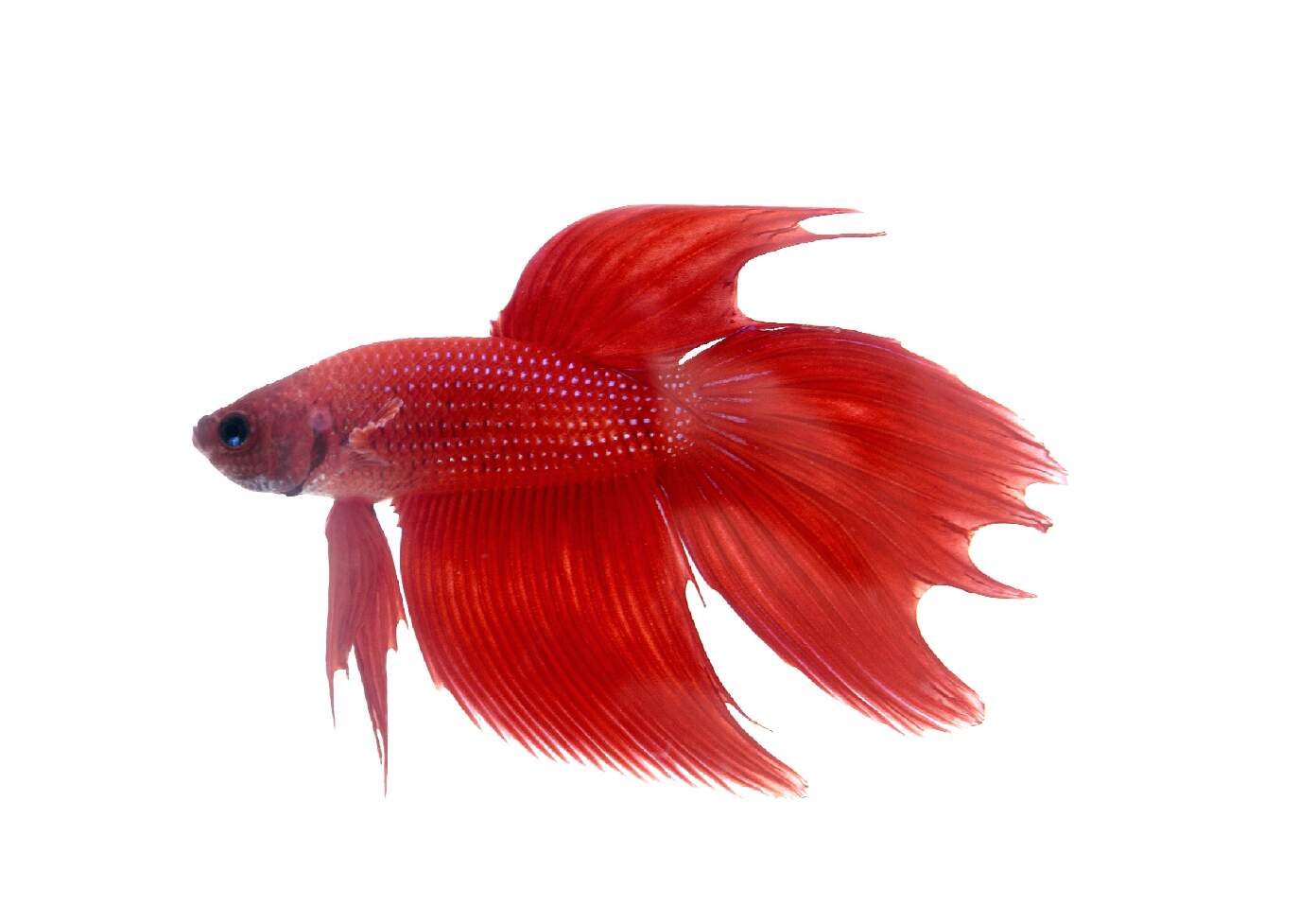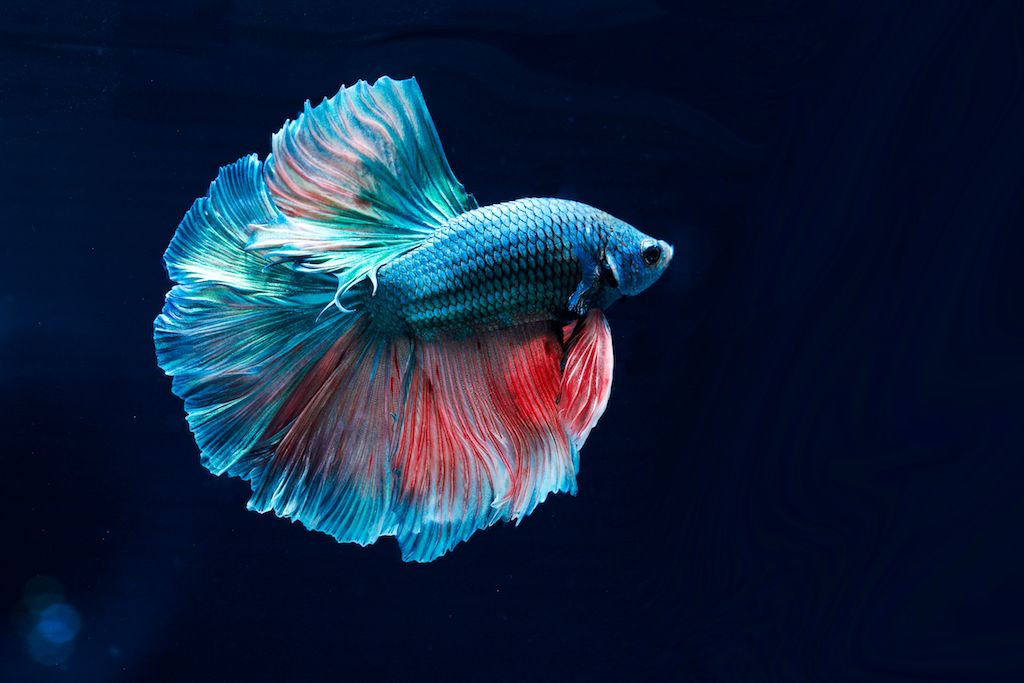The Ultimate Guide to Betta Fish Treatment: Crucial Tips for Maintaining a Healthy And Balanced and Thriving Aquarium Atmosphere
Effective Betta fish care necessitates an extensive understanding of their distinct ecological and physical demands. Developing a suitable fish tank starts with picking the right container size and ensuring optimum water conditions, which are important for the health and wellness and wellness of your Betta.
Selecting the Right Tank
Choosing the suitable container for your Betta fish is crucial to guaranteeing its wellness and wellness. Bettas thrive in atmospheres that resemble their all-natural habitats, which usually include tranquility, warm waters. A container dimension of at the very least 5 gallons is suggested to provide appropriate swimming space, as smaller storage tanks can lead to tension and wellness problems for these vibrant fish.
When selecting a tank, consider the tank's form and purification system. A rectangle-shaped container is preferable to a bowl, as it uses more area for oxygen exchange. Furthermore, a reputable purification system is vital to keep water quality and lessen the regularity of water changes (betta fish). Nonetheless, it is very important to choose a filter with a gentle circulation, as Bettas are not solid swimmers and might battle versus strong currents.
Temperature level guideline is another essential aspect; Bettas like water temperatures between 76 ° F and 82 ° F. Purchasing a great heater will make sure that the water remains within this variety, advertising a healthy and balanced and energetic way of life for your Betta. Lastly, giving suitable storage tank decors and hiding spots will assist decrease anxiety and encourage natural actions, better boosting your Betta's health.
Preserving Water Top Quality
Preserving optimal water top quality is necessary for the health and wellness and long life of Betta fish. This needs routine tracking of various criteria, including temperature, pH, ammonia, nitrite, and nitrate levels. Bettas flourish in temperature levels in between 76 ° F and 82 ° F, so preserving a stable temperature level is critical. Sudden fluctuations can bring about anxiety and disease.
The pH degree must preferably drop in between 6.5 and 7.5. Regular testing making use of a trustworthy water testing set can assist ensure these specifications remain within the ideal varieties. Ammonia and nitrite levels need to constantly be at 0 ppm, as also low focus can be toxic to Betta fish. Nitrate degrees ought to be maintained under 20 ppm to avoid long-term wellness problems.
Normal water modifications are vital to keeping water top quality. Additionally, including a robust filtering system can assist in keeping water quality and high quality, supplying a much healthier environment for your Betta fish.
Perfect Feeding Practices
Giving a well balanced diet regimen is critical for the health and wellness and dynamic coloration of Betta fish, as their nutritional needs play a substantial role in their general wellness. Betta fish are meat-eating naturally, calling for a diet regimen high in protein. A mix of top notch pellets, frozen or online foods such as bloodworms, salt water shrimp, and daphnia can provide the important nutrients they require.
Feed your Betta fish 2 to three times a day, providing just what they can eat within 2 to 3 minutes to avoid overfeeding and keep water high quality. Overfeeding can cause weight problems and health concerns, consisting of swim bladder disease. It is vital to check their nutritional intake and readjust part sizes as necessary.
Along with protein, a balanced diet regimen ought to include vitamins and minerals to promote optimum health and wellness. Take into consideration supplementing their diet regimen with premium flakes or pellets especially developed for Betta fish, as these usually have essential additives.
:strip_icc()/how-long-do-bettas-live-1380782-hero-813aa5d34bab48cdb333edfe02471dad.jpg)
Creating an Ideal Environment

Water high quality is critical; keep a temperature in between 76 ° F and 82 ° F, and guarantee the pH degree varies from 6 - betta fish.5 to 7.5. Normal water adjustments of 25-50% weekly will help maintain toxins away and make sure a secure atmosphere
Incorporating plants and concealing areas is crucial, as Betta fish are naturally territorial and appreciate having areas to check out and pull away. Live or silk plants, along with caves and ornaments, can produce a revitalizing atmosphere.

Routine Health Checkups
Performing regular wellness check-ups is important for ensuring the health of Betta fish, as informative post early detection of prospective concerns can protect against major health issue. These checkups must include a thorough assessment of the fish's physical problem, actions, and ecological variables.
Begin by observing the Betta fish for any indicators of distress, such as lethargy, loss of hunger, or unusual swimming patterns. Additionally, inspect the fins and body for indications of staining, sores, or fin rot, which can show infections or parasites. On a regular basis keeping an eye on the water quality in the find out aquarium is just as essential; specifications such as pH, ammonia, nitrite, and nitrate degrees need to be kept within optimum arrays to avoid stress and health problem.
Additionally, consider maintaining a log of wellness monitorings and water top quality examinations. Timely treatment can make a substantial difference in the recuperation of your Betta fish, guaranteeing a lengthy and healthy and balanced life in a properly maintained aquarium environment.
Conclusion
In final thought, successful Betta fish treatment rests on producing and preserving an ideal aquarium atmosphere. Key aspects consist of choosing a properly sized storage tank, ensuring regular water quality, adhering to ideal feeding methods, and developing a habitat that minimizes tension. Regular health and wellness appointments are vital for very early detection of prospective issues. By complying with these guidelines, aquarists can promote the health and vibrancy of Betta fish, inevitably resulting in a prospering aquatic community.